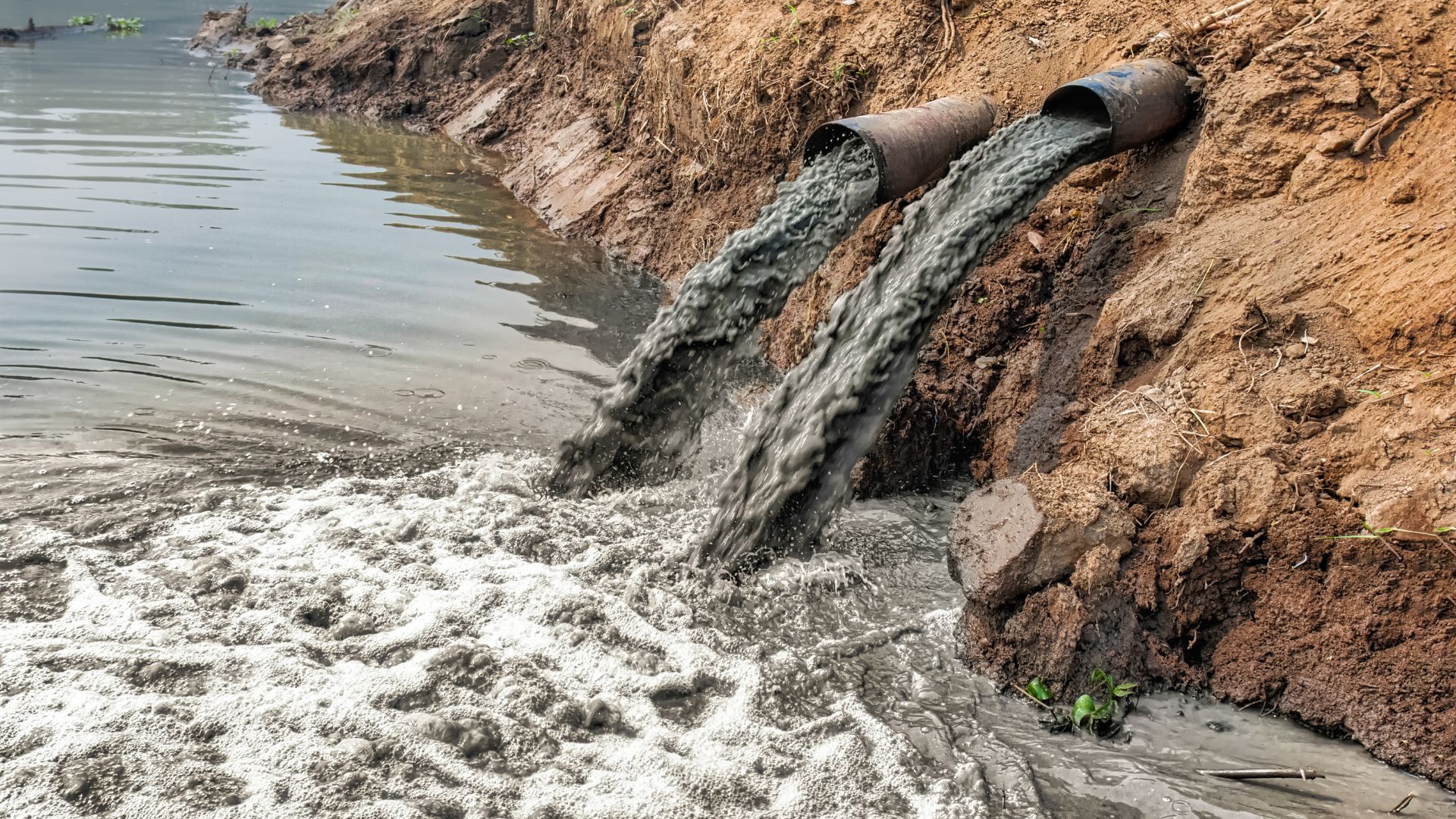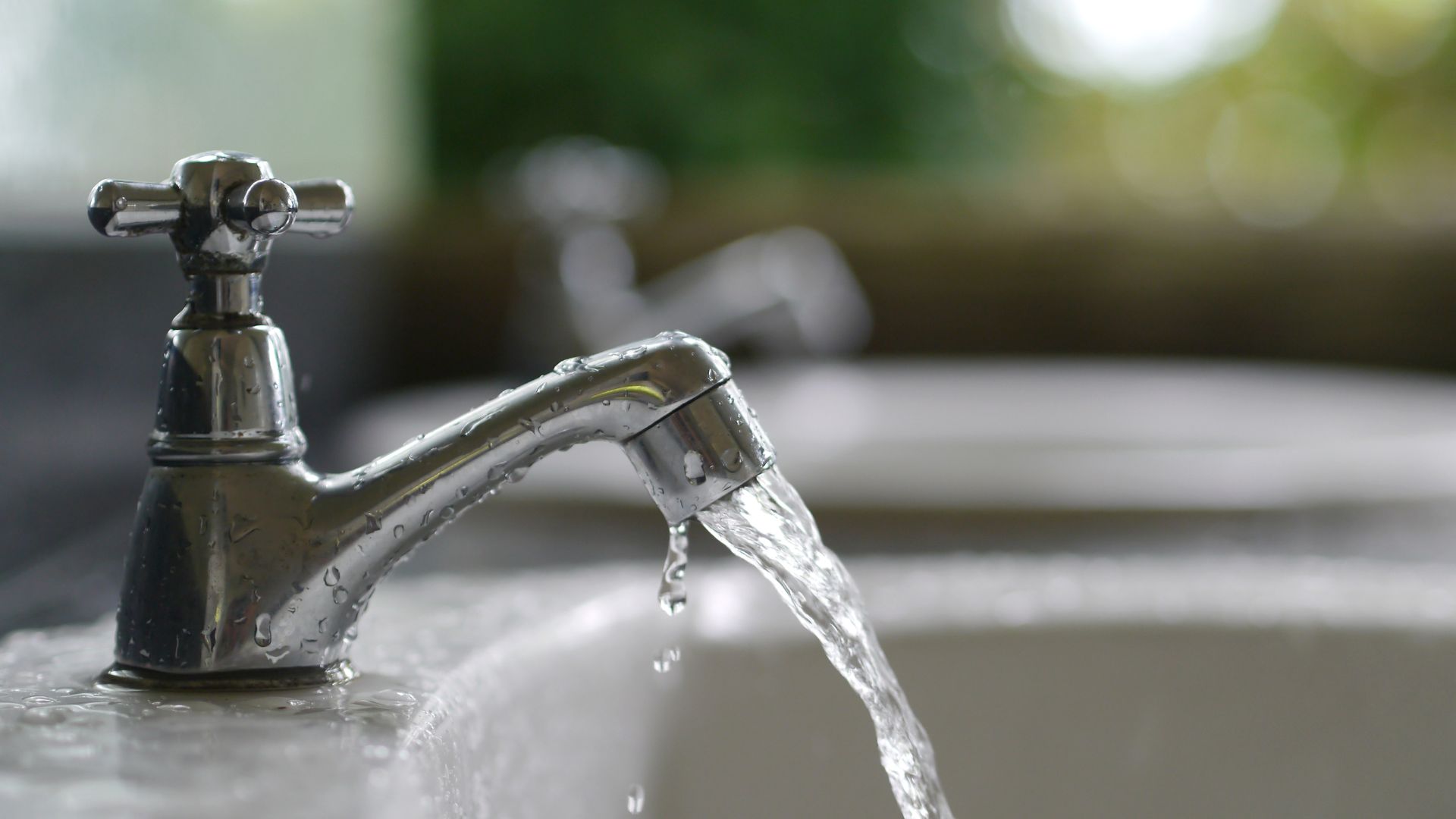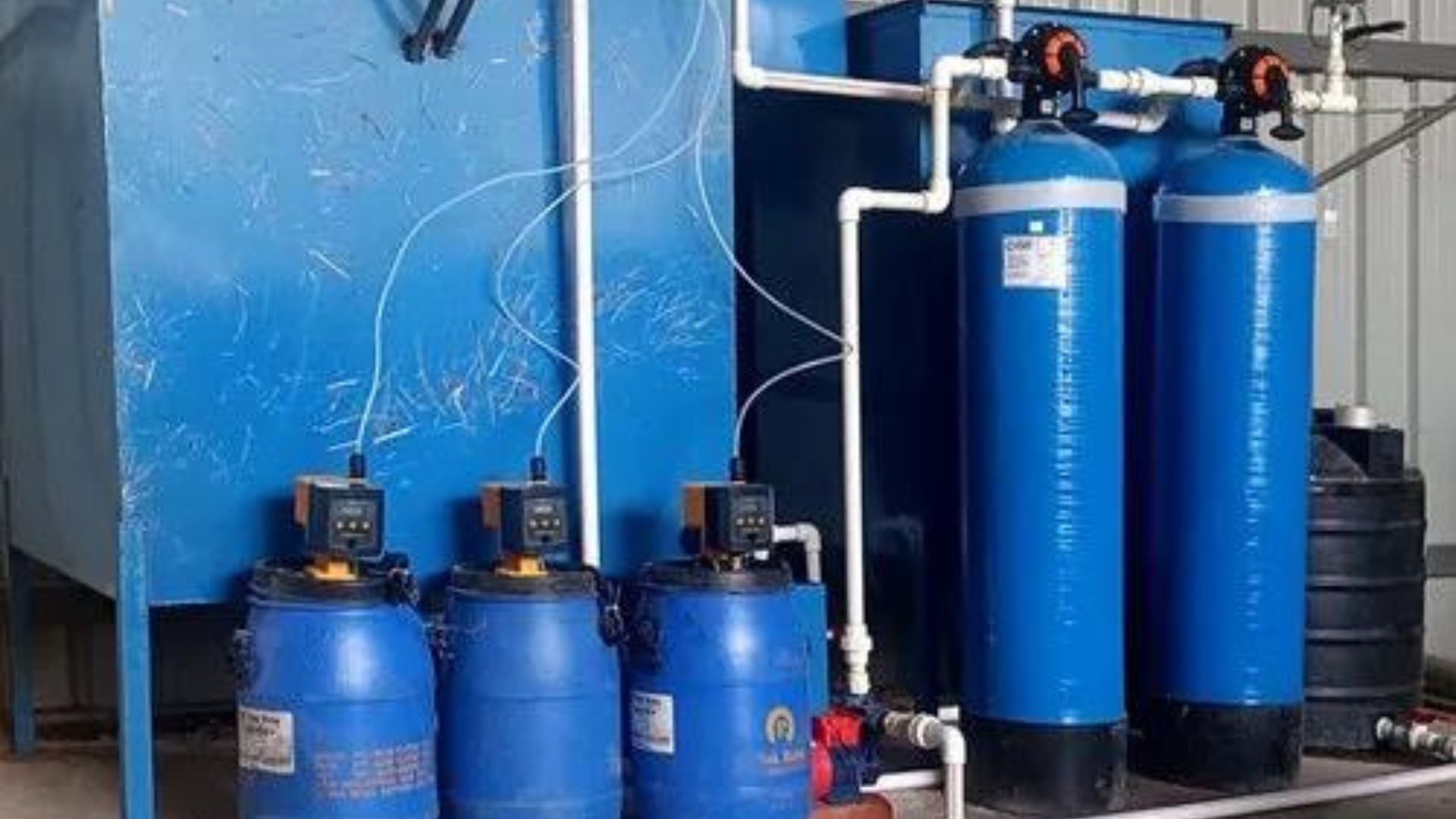Effluent Treatment Plant
Industrial Waste Water
Industrial wastewater refers to the water that becomes contaminated during industrial processes and activities. It contains various pollutants, including chemicals, heavy metals, organic compounds, oils, and suspended solids. Industrial wastewater poses significant environmental and health risks if left untreated or improperly disposed of. It can contaminate water sources, soil, and ecosystems, adversely affecting aquatic life and human health. Therefore, it is crucial to treat industrial wastewater before discharge to minimize its negative impact.
Impact of Hard Water

Environmental Pollution

Water Contamination

Soil Degradation

Human Health Risks
Effluent Treatment Plant
Featured List
An Effluent Treatment Plant (ETP) is a specialized facility designed to treat and purify wastewater, also known as effluent, before it is discharged into the environment. The primary purpose of an ETP is to remove pollutants, contaminants, and harmful substances from industrial or domestic wastewater, ensuring that it meets the required standards for safe disposal or reuse. ETPs employ various treatment processes, such as physical, chemical, and biological methods, to remove solids, dissolved substances, and toxic compounds from the effluent. These processes may include sedimentation, filtration, chemical coagulation, biological degradation, and disinfection. The treated effluent is then either discharged into surface water bodies in compliance with regulatory guidelines or used for non-potable purposes like irrigation or industrial processes. Effluent Treatment Plants play a crucial role in environmental protection by minimizing the impact of wastewater on water resources, aquatic ecosystems, and public health. They help in preserving the quality of water bodies, promoting sustainable water management practices, and ensuring the overall well-being of both the environment and society.
Environmental Protection
ETPs help in reducing the pollution and contamination caused by industrial or domestic wastewater. They remove pollutants and harmful substances, preventing them from being discharged into water bodies, soil, and air. This safeguards aquatic ecosystems, preserves biodiversity, and maintains the overall ecological balance.
Water Conservation
ETPs facilitate the reuse and recycling of treated wastewater for various non-potable purposes. By treating and repurposing wastewater, ETPs help in conserving freshwater resources, reduce the strain on natural water sources, and ensure a sustainable water supply for industries, agriculture, and other non-drinking water needs.
Compliance with Regulations
ETPs ensure that wastewater discharge from industries or domestic sources meets the required environmental regulations and standards. By treating effluent to acceptable levels, ETPs help industries and institutions to remain compliant with regulatory guidelines, avoiding penalties, legal issues, and damage to their reputation.
Public Health Protection
Proper treatment of wastewater through ETPs prevents the release of harmful contaminants and pathogens into the environment. This reduces the risk of waterborne diseases, protects public health, and ensures the safety of communities that rely on nearby water sources for their drinking water supply.
Domestic & Commercial Effluent Treatment Plant
Effluent Treatment Plants (ETPs) are available for both domestic and commercial purposes, providing effective solutions for treating and purifying wastewater. Whether it is for residential complexes, small businesses, or large industrial facilities, ETPs can be customized to meet the specific needs and capacity requirements of different settings. Domestic ETPs are designed to treat wastewater generated from households, including greywater from sinks, showers, and washing machines, as well as blackwater from toilets. These systems help in removing contaminants, solids, and harmful substances from the wastewater, ensuring its safe disposal or reuse. On the other hand, commercial ETPs cater to the wastewater treatment needs of various industries, such as manufacturing, food processing, pharmaceuticals, and more. These systems are equipped with advanced treatment technologies to handle larger volumes of wastewater, effectively removing pollutants and meeting the stringent environmental regulations. Available in different sizes and configurations, domestic and commercial ETPs provide reliable and efficient wastewater treatment solutions, contributing to environmental sustainability, water conservation, and public health.


